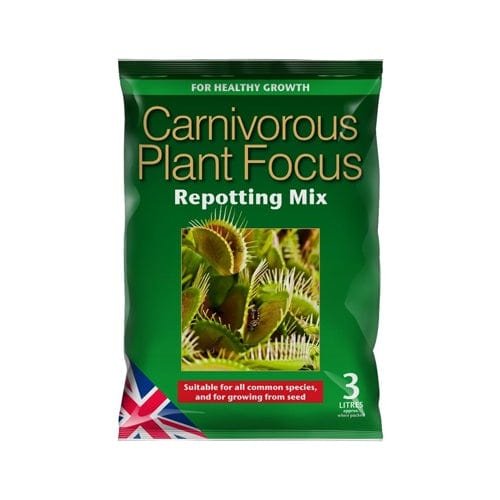Carnivorous plants
You either love them or you hate them. We at greenka can’t get enough of them. Currently we stock Venus Fly Trap, Dioneaea Muscipula, Pitcher plants, Sarracenia, Cape Sundew, Drosera Capensis and Monkey Jars, Nepenthes. They are all unique and fascinating plants to grow, perfect for plant enthusiasts new to Carnivorous plants and proven to be very popular with children.
If you have a very bright window, and love to water your plants, you’ll be thrilled with a Venus Trap. Are you fed up with little fungus gnats or fruit flies, Cape Sundew is your plant, and if you are growing a vivarium or have a bright, humid room go for Nepenthes.
Care
Consuming large or small insects and energy from photosynthesis. This is why they love bright, sunny spots and humid environments.
Carnivorous plants evolve in association with peat bogs, with acidic or ‘ericaceous” compost. Many growers are striving to step away from peat moss as it's not sustainable. The recommendation from carnivorous plant growers is:
- One part perlite
- One part fine of coarse Cornish grit (preferably lime-free)
- Two parts fine milled bark
Almost all carnivorous plants dislike nutrients in the soil so the quality of the water is vital. If you live in a soft-water area, your plants will be fine with tap water, but for hard-water leave it to stand overnight before adding to the plant, or simply use rainwater. Make sure this never dries out over Spring/Summer months, during winter move away to a frost-free place and water only once the top layer of the soil is dry.
Problems
Fading colour on leaves - not enough light
Staggered or very slow growth - too cold
Browning edges - low humidity



